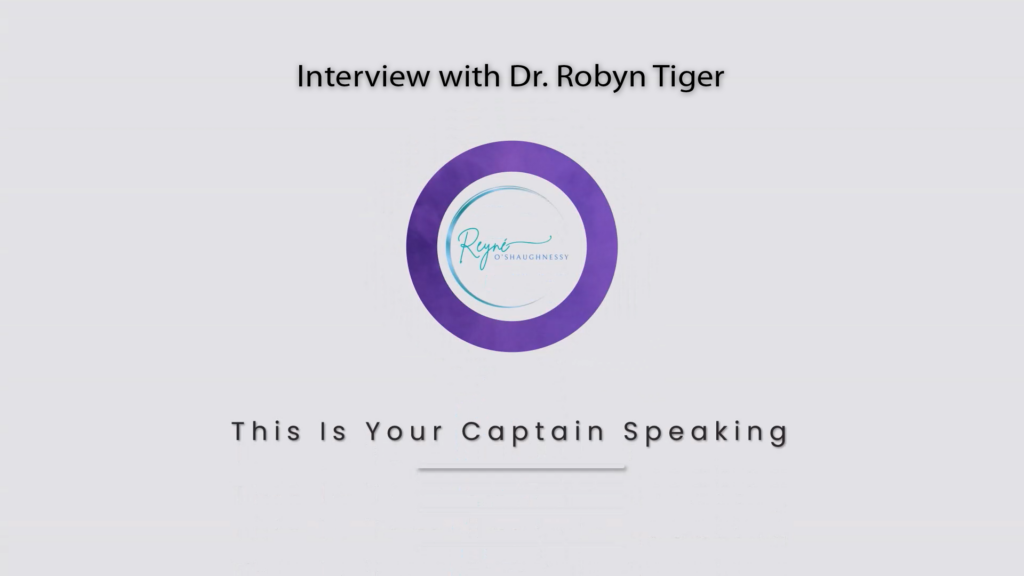Watch Captain O's exclusive interview with Michelle Westcott where Michelle provides practical advice for those in the aviation community and their families.
By signing up you agree to our Terms and Privacy Policy.

I was in my mid-20’s when I decided to become an airline pilot. Even in today’s world making an edgy career change, as a woman, with zero education or training in the field, and the mother of two little boys, is considered bold, crazy, and a long shot.
Throw in that I wanted a position traditionally held by men who were described as intelligent, driven, focused, and committed; AND throw in that it was 35 years ago, it was less about breaking through a glass ceiling and more about breaking down thick concrete barriers.
There were still others that thought it was a long shot for anyone, regardless of gender, nearing the age of 30, regardless of gender. If a pilot hadn’t landed their “big airline job, flying big jets” by the age of 30, airlines wouldn’t hire you because it was not a good ROI for them.
There were a hundred other reasons why others dismissed my ambitions. When confronted with my decision, they would use negative statements to discourage me. “Don’t even try, girl!” “It’s a longshot!” But my inner voice kept reminding me that I had two choices: not to try or try and risk failing.
My choice was made. I would rather try and fail than not try at all.
From a young age we learn that success is to be pursued, revered, and celebrated. We check off the boxes of success: education, accomplishments, and titles. When we are successful, we immediately identify with that success. We feel victorious, talented, or important.
But I think it’s safe to say that we’ve all experienced failure on different scales. And when we experience a significant failure, such as a failed relationship, a collapsed business venture, or an academic letdown, it’s often difficult to separate failure from who we believe ourselves to be. We label ourselves disappointments. Our confidence crumbles, we feel embarrassed, and more.
What’s interesting is that we’re the same person we were before. It only takes an instant to alter our sense of self and allow that failure to define us. It’s no longer that we simply had a failure, we make it mean that we are a failure.
Our experience of failure is not the problem, the problem is how we’ve been conditioned to alter our view of ourselves and how we respond to it. We were never taught how to move through failure and how to care for ourselves during those times.
Watch Captain O's exclusive interview with Michelle Westcott where Michelle provides practical advice for those in the aviation community and their families.
By signing up you agree to our Terms and Privacy Policy.

Watch Captain O's exclusive interview with Dr. Robyn Tiger, of the "Stress Free MD Podcast."
By signing up you agree to our Terms and Privacy Policy.
